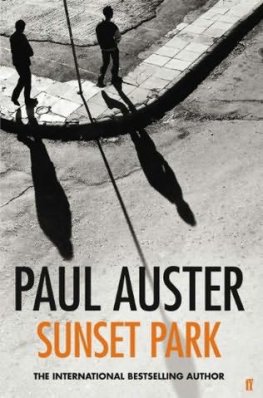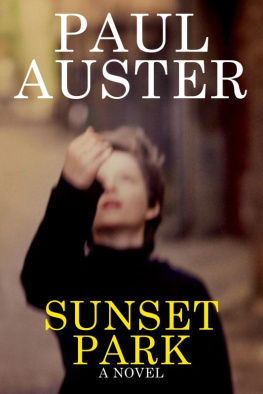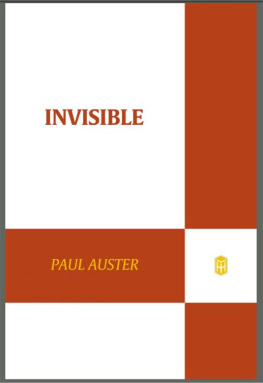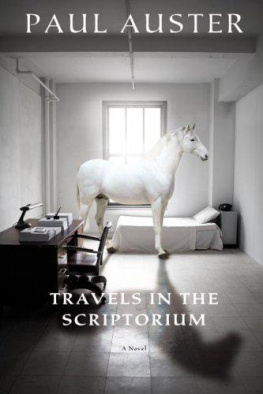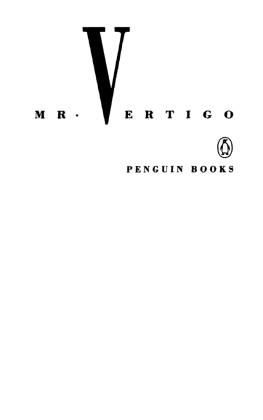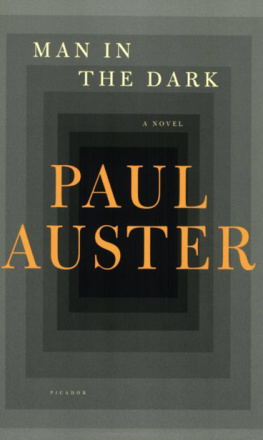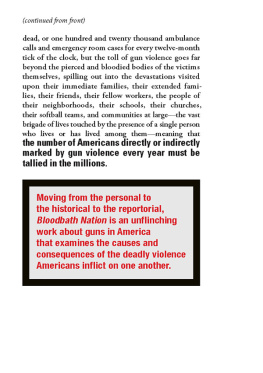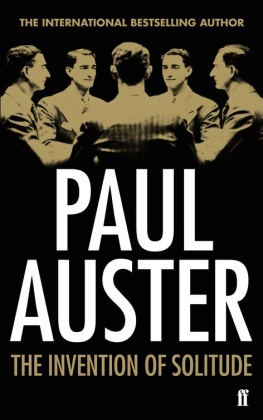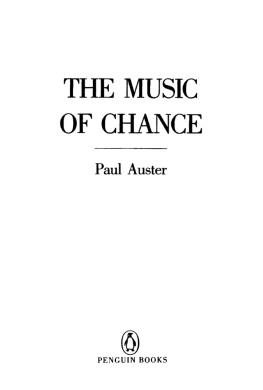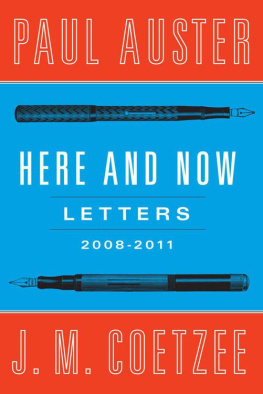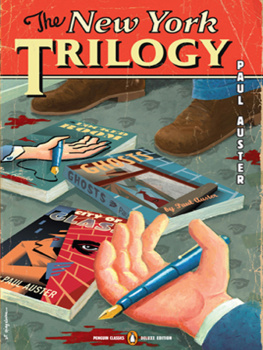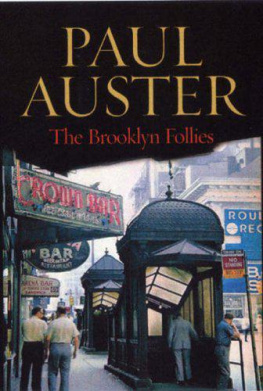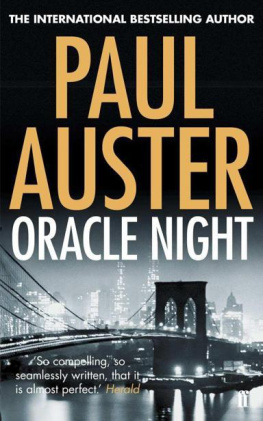Sunset Park
(2010)
A novel by Paul Auster
For almost a year now, he has been taking photographs of abandoned things. There are at least two jobs every day, sometimes as many as six or seven, and each time he and his cohorts enter another house, they are confronted by the things, the innumerable cast-off things left behind by the departed families. The absent people have all fled in haste, in shame, in confusion, and it is certain that wherever they are living now (if they have found a place to live and are not camped out in the streets) their new dwellings are smaller than the houses they have lost. Each house is a story of failureof bankruptcy and default, of debt and foreclosureand he has taken it upon himself to document the last, lingering traces of those scattered lives in order to prove that the vanished families were once here, that the ghosts of people he will never see and never know are still present in the discarded things strewn about their empty houses.
The work is called trashing out, and he belongs to a four-man crew employed by the Dunbar Realty Corporation, which subcontracts its home preservation services to the local banks that now own the properties in question. The sprawling flatlands of south Florida are filled with these orphaned structures, and because it is in the interest of the banks to resell them as quickly as possible, the vacated houses must be cleaned, repaired, and made ready to be shown to prospective buyers. In a collapsing world of economic ruin and relentless, ever-expanding hardship, trashing out is one of the few thriving businesses in the area. No doubt he is lucky to have found this job. He doesnt know how much longer he can bear it, but the pay is decent, and in a land of fewer and fewer jobs, it is nothing if not a good job.
In the beginning, he was stunned by the disarray and the filth, the neglect. Rare is the house he enters that has been left in pristine condition by its former owners. More often there will have been an eruption of violence and anger, a parting rampage of capricious vandalismfrom the open taps of sinks and bathtubs overflowing with water to sledge-hammered, smashed-in walls or walls covered with obscene graffiti or walls pocked with bullet holes, not to mention the ripped-out copper pipes, the bleach-stained carpets, the piles of shit deposited on the living room floor. Those are extreme examples, perhaps, impulsive acts triggered by the rage of the dispossessed, disgusting but understandable statements of despair, but even if he is not always gripped by revulsion when he enters a house, he never opens a door without a feeling of dread. Inevitably, the first thing to contend with is the smell, the onslaught of sour air rushing into his nostrils, the ubiquitous, commingled aromas of mildew, rancid milk, cat litter, crud-caked toilet bowls, and food rotting on the kitchen counter. Not even fresh air pouring in through open windows can wipe out the smells; not even the tidiest, most circumspect removal can erase the stench of defeat.
Then, always, there are the objects, the forgotten possessions, the abandoned things. By now, his photographs number in the thousands, and among his burgeoning archive can be found pictures of books, shoes, and oil paintings, pianos and toasters, dolls, tea sets, and dirty socks, televisions and board games, party dresses and tennis racquets, sofas, silk lingerie, caulking guns, thumbtacks, plastic action figures, tubes of lipstick, rifles, discolored mattresses, knives and forks, poker chips, a stamp collection, and a dead canary lying at the bottom of its cage. He has no idea why he feels compelled to take these pictures. He understands that it is an empty pursuit, of no possible benefit to anyone, and yet each time he walks into a house, he senses that the things are calling out to him, speaking to him in the voices of the people who are no longer there, asking him to be looked at one last time before they are carted away. The other members of the crew make fun of him for this obsessive picture taking, but he pays them no heed. They are of little account in his opinion, and he despises them all. Brain-dead Victor, the crew boss; stuttering, chatterbox Paco; and fat, wheezing Freddythe three musketeers of doom. The law says that all salvageable objects above a certain value must be handed over to the bank, which is obliged to return them to their owners, but his co-workers grab whatever they please and never give it a second thought. They consider him a fool for turning his back on these spoilsthe bottles of whiskey, the radios, the CD players, the archery equipment, the dirty magazinesbut all he wants are his picturesnot things, but the pictures of things. For some time now, he has made it his business to say as little as possible when he is on the job. Paco and Freddy have taken to calling him El Mudo.
He is twenty-eight years old, and to the best of his knowledge he has no ambitions. No burning ambitions, in any case, no clear idea of what building a plausible future might entail for him. He knows that he will not stay in Florida much longer, that the moment is coming when he will feel the need to move on again, but until that need ripens into a necessity to act, he is content to remain in the present and not look ahead. If he has accomplished anything in the seven and a half years since he quit college and struck out on his own, it is this ability to live in the present, to confine himself to the here and now, and although it might not be the most laudable accomplishment one can think of, it has required considerable discipline and self-control for him to achieve it. To have no plans, which is to say, to have no longings or hopes, to be satisfied with your lot, to accept what the world doles out to you from one sunrise to the nextin order to live like that you must want very little, as little as humanly possible.
Bit by bit, he has pared down his desires to what is now approaching a bare minimum. He has cut out smoking and drinking, he no longer eats in restaurants, he does not own a televison, a radio, or a computer. He would like to trade in his car for a bicycle, but he cant get rid of the car, since the distances he must travel for work are too great. The same applies to the cell phone he carries around in his pocket, which he would dearly love to toss in the garbage, but he needs it for work as well and therefore cant do without it. The digital camera was an indulgence, perhaps, but given the drear and slog of the endless trash-out rut, he feels it is saving his life. His rent is low, since he lives in a small apartment in a poor neighborhood, and beyond spending money on bedrock necessities, the only luxury he allows himself is buying books, paperback books, mostly novels, American novels, British novels, foreign novels in translation, but in the end books are not luxuries so much as necessities, and reading is an addiction he has no wish to be cured of.
If not for the girl, he would probably leave before the month was out. He has saved up enough money to go anywhere he wants, and there is no question that he has had his fill of the Florida sunwhich, after much study, he now believes does the soul more harm than good. It is a Machiavellian sun in his opinion, a hypocritical sun, and the light it generates does not illuminate things but obscures themblinding you with its constant, overbright effulgences, pounding on you with its blasts of vaporous humidity, destabilizing you with its miragelike reflections and shimmering waves of nothingness. It is all glitter and dazzle, but it offers no substance, no tranquillity, no respite. Still, it was under this sun that he first saw the girl, and because he cant talk himself into giving her up, he continues to live with the sun and try to make his peace with it.
Her name is Pilar Sanchez, and he met her six months ago in a public park, a purely accidental meeting late one Saturday afternoon in the middle of May, the unlikeliest of unlikely encounters. She was sitting on the grass reading a book, and not ten feet away from her he too was sitting on the grass reading a book, which happened to be the same book as hers, the same book in an identical soft-cover edition,

